Home>Garden Essentials>What Is The Cheapest Type Of Rock For Landscaping?
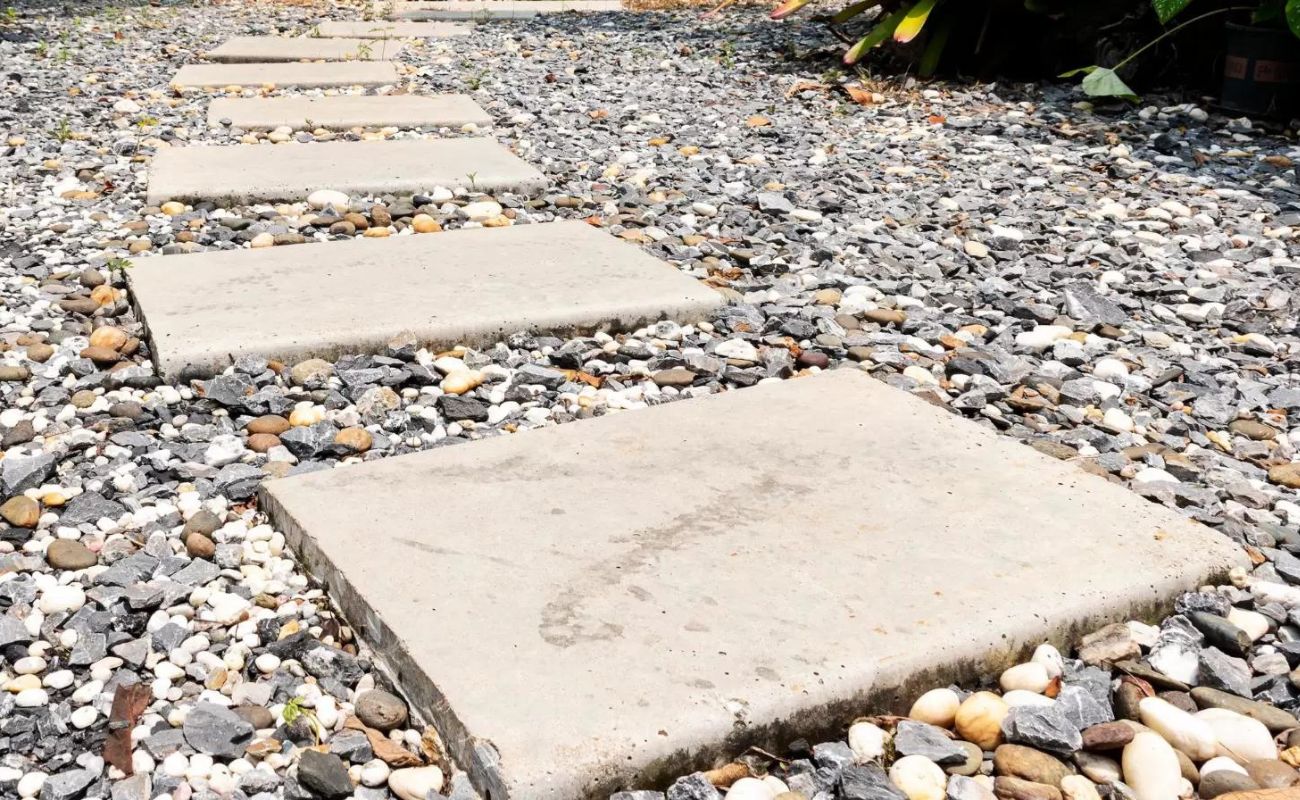

Garden Essentials
What Is The Cheapest Type Of Rock For Landscaping?
Modified: August 27, 2024
Looking for affordable rocks for your garden landscaping? Explore the cheapest types of rocks for your garden makeover and save money while creating a beautiful outdoor space.
(Many of the links in this article redirect to a specific reviewed product. Your purchase of these products through affiliate links helps to generate commission for Storables.com, at no extra cost. Learn more)
Introduction
Welcome to the world of landscaping! When it comes to transforming your outdoor space into a picturesque haven, rocks play a vital role. Not only do rocks add depth and texture to your landscape design, but they also serve as a low-maintenance and long-lasting option. If you’re on a budget and looking for the most cost-effective type of rock for landscaping, you’ve come to the right place.
Choosing the right type of rock for your landscaping project involves considering various factors such as durability, aesthetics, availability, and most importantly, cost. In this article, we’ll explore the different types of rocks that are commonly used in landscaping and discuss their pros and cons. We’ll also compare the costs associated with each type, allowing you to make an informed decision based on your needs and budget.
So, let’s dive in and discover the cheapest types of rocks for landscaping that will help you create a stunning outdoor space without breaking the bank!
Key Takeaways:
- Gravel is the most affordable and versatile rock for landscaping, offering durability and a natural look. It’s easy to install and requires minimal maintenance, making it a popular choice for outdoor projects.
- River rocks provide a natural and tranquil appearance to landscaping but tend to be more expensive than other types of rocks. They are durable, low-maintenance, and suitable for water features and decorative borders.
Read more: What Is The Cheapest Type Of Driveway?
Factors to Consider When Choosing Rock for Landscaping
Before we delve into the various types of rocks for landscaping, let’s discuss some important factors you should consider when making your selection. These factors will help you determine the most suitable rock for your specific landscaping needs:
- Durability: One important factor to consider is the durability of the rock. Since landscaping rocks are exposed to the elements, they should be able to withstand weather conditions and resist erosion over time.
- Aesthetics: The visual appeal of the rock is also crucial in creating an attractive landscape design. Consider the color, texture, and shape of the rocks and how they will complement the overall aesthetic of your outdoor space.
- Size and Shape: The size and shape of the rocks can greatly impact the overall look of your landscaping. Determine whether you prefer larger boulders for a bold and dramatic effect, or smaller rocks for a subtle and textured appearance. Consider the shape of the rocks as well, as irregularly shaped rocks can provide a more natural and organic look.
- Availability: Check the availability of the desired rocks in your local area. Some rocks may be more readily available and cost-effective in certain regions, while others may be harder to source.
- Maintenance: Consider the level of maintenance required for the chosen rock. Some rocks may require regular cleaning and upkeep, while others are relatively low-maintenance.
- Intended Use: Determine how you plan to use the rocks in your landscaping. Will they be utilized for pathways, drainage, retaining walls, or decorative accents? Understanding the purpose will guide you in selecting the most suitable type of rock.
By considering these factors, you can narrow down your options and choose the rock that best meets your landscaping requirements. Now let’s explore the different types of rocks commonly used in landscaping and their cost implications.
Types of Rocks for Landscaping
When it comes to landscaping with rocks, there are several popular options to choose from. Each type of rock offers its own unique aesthetic and practical benefits. Let’s take a closer look at some of the most commonly used rocks for landscaping:
- Gravel: Gravel is a versatile option that comes in various sizes and colors. It is often used for pathways, driveways, and as ground cover. The small size of gravel allows for easy installation and flexibility in design. It is also relatively affordable and low-maintenance.
- Crushed Stone: Crushed stone is a popular choice for landscaping due to its durability and natural look. It is commonly used for driveways, walkways, and as a base material for retaining walls. Crushed stone is available in different sizes and can be customized to suit your specific needs.
- Pea Gravel: Pea gravel is a small, rounded stone that resembles the size and shape of peas. It adds a charming and rustic touch to any landscaping project. Pea gravel is commonly used for pathways, patios, and as a decorative accent in gardens. It provides excellent drainage and is easy to install.
- River Rocks: River rocks are smooth and polished stones that are naturally found in riverbeds. They come in various sizes, shapes, and colors, and add a natural and tranquil element to any landscape design. River rocks are commonly used for water features, borders, and as decorative accents.
- Decomposed Granite: Decomposed granite is a popular choice for pathways and garden areas. It is a finely crushed rock that has weathered down over time, resulting in a sandy texture. Decomposed granite provides excellent drainage and is permeable, making it suitable for areas that require water filtration.
These are just a few examples of the many types of rocks available for landscaping. Each rock has its own characteristics and benefits, so it’s important to choose the type that aligns with your aesthetic preferences and practical needs. However, cost is also a significant factor to consider, so let’s compare the costs associated with each type of rock for landscaping.
Gravel
Gravel is a versatile and cost-effective option for landscaping projects. It is composed of small, smooth stones that come in various sizes and colors. Here are some key aspects to consider when using gravel in your landscape design:
- Affordability: Gravel is often one of the most budget-friendly options for landscaping rocks. The cost may vary depending on the type and quality of gravel, but generally, it is considered an economical choice.
- Installation: One of the advantages of gravel is its ease of installation. It can be spread directly over the desired area, making it a relatively quick and straightforward process. However, it’s essential to prepare the area properly by removing any vegetation or weeds beforehand.
- Flexibility: Gravel is highly versatile and can be used in various landscaping applications. It is commonly used for pathways, driveways, and as ground cover in gardens. It provides a textured and natural look to the landscape.
- Durability: Gravel is known for its durability and ability to withstand heavy foot traffic. It is also resistant to weather conditions and erosion, making it a long-lasting option for outdoor use.
- Maintenance: Gravel requires minimal maintenance. However, occasional raking may be necessary to redistribute the stones and maintain an even surface. Weeds may also occasionally sprout through the gravel, so weed control measures should be in place, such as using a weed barrier underneath.
Overall, gravel offers a cost-effective solution for landscaping projects while providing functionality and visual appeal. Its affordability, ease of installation, and versatility make it a popular choice among homeowners and landscapers. However, it’s important to keep in mind that gravel may require occasional maintenance to ensure its longevity and aesthetic appeal.
Crushed Stone
Crushed stone is a versatile and durable option that is often used for various landscaping projects. It is made by crushing large rocks into smaller pieces, resulting in different sizes and shapes. Here are some key factors to consider when using crushed stone in your landscape design:
- Cost: The cost of crushed stone may vary depending on the type of stone and size of the pieces. Generally, crushed stone is considered to be more expensive than gravel, but it offers additional benefits and a more polished look.
- Uses: Crushed stone can be used in a variety of landscaping applications. It is commonly used as a base material for driveways, walkways, and patios. It can also be used to create paths, garden borders, and as a decorative feature in flower beds and rock gardens.
- Durability: Crushed stone is known for its durability and ability to withstand heavy loads and foot traffic. It resists erosion and compaction, making it a long-lasting option for outdoor use.
- Aesthetics: Crushed stone offers a more polished and refined look compared to gravel. It comes in different colors, including white, gray, and brown, allowing for greater customization and aesthetic appeal.
- Maintenance: Crushed stone requires minimal maintenance. It is essential to occasionally rake the surface to keep it even and remove any debris or leaves. Weed control measures, such as using a weed barrier, can help prevent weed growth.
Crushed stone provides a more sophisticated and structured appearance to your landscape design. Its durability and versatility make it suitable for various outdoor projects. While it may be slightly more expensive than gravel, crushed stone offers a more refined look and enhanced durability. Consider using crushed stone to add a touch of elegance and functionality to your landscaping.
Read more: What Is The Best Rock For Landscaping
Pea Gravel
Pea gravel, also known as pea-sized crushed rock, is a popular choice for landscaping projects due to its charming and natural look. Here are some key aspects to consider when using pea gravel in your landscape design:
- Affordability: Pea gravel is generally an affordable option for landscaping. Its smaller size and abundance make it a cost-effective choice for many homeowners.
- Installation: Installing pea gravel is relatively simple. It can be spread directly over the desired area and raked to create an even surface. However, it’s recommended to use a landscape fabric or geotextile to prevent weed growth and help with drainage.
- Texture: Pea gravel has a smooth, rounded texture, which adds a visually appealing and organic touch to your landscape design.
- Drainage: Pea gravel is known for its excellent drainage properties. This makes it ideal for areas where water tends to collect, such as around plants or in pathways.
- Uses: Pea gravel is commonly used for pathways, patios, and as a decorative accent in gardens. It is an excellent option for creating a natural and rustic feel in your outdoor space.
- Maintenance: Pea gravel requires minimal maintenance. However, occasional raking may be necessary to keep the gravel evenly distributed and avoid any uneven areas. It’s also recommended to inspect and remove any debris or leaves that may accumulate on the surface.
With its affordability, natural appearance, and excellent drainage properties, pea gravel is a versatile option for many landscaping projects. Whether you’re creating pathways or adding decorative accents, the smooth texture of pea gravel will enhance the visual appeal of your outdoor space. Consider using pea gravel to achieve a charming and rustic look in your landscaping design.
River rock is often the cheapest type of rock for landscaping. It is readily available, comes in a variety of sizes and colors, and is low maintenance. It is a cost-effective option for adding texture and visual interest to your outdoor space.
River Rocks
River rocks, also known as river stones or pebbles, are smooth and polished stones that are naturally found in riverbeds. They add a natural and tranquil element to any landscape design. Here are some key factors to consider when using river rocks in your landscaping:
- Cost: River rocks can vary in cost depending on their size, color, and quality. Generally, they tend to be slightly more expensive than gravel or pea gravel due to their unique appearance and texture.
- Natural Aesthetics: River rocks offer a stunning and natural look to any landscape. They come in various sizes, colors, and shapes, providing endless possibilities for creating unique and visually appealing designs.
- Uses: River rocks are widely used in landscaping projects for various purposes. They are commonly used for water features, such as ponds or waterfalls, as well as for decorative borders, pathways, and rock gardens. River rocks can also be used to create dry river beds or to enhance the visual appeal of outdoor spaces.
- Durability: River rocks are known for their durability and ability to withstand weather conditions. They are resistant to erosion and can maintain their appearance for many years, making them a long-lasting option for landscaping.
- Low Maintenance: River rocks require minimal maintenance. Since they are smooth and polished, they are resistant to weed growth. However, it’s essential to periodically clean and remove any debris or leaves that may accumulate on the rocks to maintain their aesthetic appeal.
With their natural beauty and versatility, river rocks are an excellent choice for adding a touch of tranquility and elegance to your landscaping. Whether you’re creating a water feature or enhancing the aesthetics of your garden, river rocks will provide a visually stunning and low-maintenance solution.
Decomposed Granite
Decomposed granite is a type of rock that has weathered down over time, resulting in a sandy texture. It is a popular choice for pathways, garden areas, and other outdoor spaces. Here are some key aspects to consider when using decomposed granite in your landscaping:
- Affordability: Decomposed granite is generally one of the more affordable options for landscaping rocks. Its availability and ease of production contribute to its cost-effectiveness.
- Texture: Decomposed granite has a sandy texture, which creates a natural and organic look in the landscape. It provides a soft and inviting surface to walk on.
- Drainage: One of the advantages of decomposed granite is its excellent drainage properties. It allows water to percolate through, preventing standing water and potential issues with erosion.
- Uses: Decomposed granite is commonly used for pathways, patios, and garden areas. It can be compacted to create a stable surface, making it ideal for areas with heavy foot traffic.
- Aesthetics: Decomposed granite comes in various colors, including shades of brown, gray, and gold. This variety allows for customization and the ability to blend it with the surrounding landscape.
- Low Maintenance: Decomposed granite requires minimal maintenance. Occasional raking is recommended to keep the surface even, remove debris, and prevent weed growth. Weed control measures, such as using a weed barrier, can further reduce maintenance requirements.
Decomposed granite offers a natural, sandy texture that adds a warm and inviting feel to your landscape design. Its affordability, excellent drainage properties, and easy maintenance make it a practical choice for various outdoor projects. Whether you’re creating a pathway or designing a garden area, decomposed granite provides a cost-effective and visually appealing solution.
Cost Comparison of Different Types of Rocks for Landscaping
When planning a landscaping project, it’s important to consider the cost of the materials you’ll be using. Here’s a cost comparison of different types of rocks commonly used in landscaping:
- Gravel: Gravel is often the most affordable option when it comes to landscaping rocks. The cost can range from $10 to $50 per ton, depending on the type and quality of gravel.
- Crushed Stone: Crushed stone is typically more expensive than gravel, with costs varying between $15 and $75 per ton. The price will depend on factors such as the size and type of crushed stone.
- Pea Gravel: Pea gravel tends to fall in the mid-range when it comes to cost. The average price ranges from $30 to $60 per ton, depending on the size and quality of the pea gravel.
- River Rocks: River rocks are generally more expensive than gravel and pea gravel due to their unique appearance. The cost can range from $50 to $200 per ton, depending on the size, color, and quality of the river rocks.
- Decomposed Granite: Decomposed granite is often the most cost-effective option for landscaping rocks. The price can range from $30 to $70 per ton, making it a budget-friendly choice for many projects.
It’s worth noting that the prices mentioned above are approximate and can vary depending on factors such as location, supplier, and quantity purchased. It’s always recommended to obtain quotes from multiple suppliers to get the most accurate pricing for your specific needs.
While cost is an essential consideration, it’s also essential to evaluate the characteristics and benefits of each type of rock. Factors such as durability, aesthetics, and maintenance requirements should be taken into account when making your decision. By striking a balance between cost and functionality, you can create a beautiful and cost-effective landscape design.
Read more: What Color Rocks For Landscaping
Pros and Cons of Using Each Type of Rock for Landscaping
Choosing the right type of rock for your landscaping project requires careful consideration of the pros and cons. Here’s a breakdown of the advantages and disadvantages of using each type of rock:
- Gravel:
- Pros: Affordable, easy to install, versatile, durable, low maintenance.
- Cons: Prone to shifting and displacement, may require occasional raking and weed control measures.
- Crushed Stone:
- Pros: Durable, natural look, suitable for various applications, low maintenance.
- Cons: More expensive than gravel, may require additional equipment for installation.
- Pea Gravel:
- Pros: Affordable, easy to install, provides good drainage, adds a natural and rustic look.
- Cons: Can be easily displaced, may require occasional raking and weed control measures.
- River Rocks:
- Pros: Natural and tranquil appearance, durable, suitable for water features, low maintenance.
- Cons: More expensive than other types, heavier and more challenging to install.
- Decomposed Granite:
- Pros: Affordable, provides good drainage, natural and organic look, low maintenance.
- Cons: Sandy texture may not be suitable for all applications, may require occasional raking.
Understanding the pros and cons of each type of rock will help you make an informed decision based on your specific needs, budget, and personal preferences. Consider factors such as cost, durability, aesthetics, and maintenance requirements when choosing the most suitable rock for your landscaping project.
Remember that proper installation and maintenance practices are essential for the longevity and visual appeal of any type of rock used in landscaping. Regular inspections, occasional cleaning, and weed control measures will help ensure that your landscape continues to look its best for years to come.
Conclusion
Choosing the right type of rock for your landscaping project is crucial in creating a visually appealing and functional outdoor space. By considering factors such as cost, durability, aesthetics, and maintenance requirements, you can make an informed decision that aligns with your budget and design goals.
Gravel is an affordable and versatile option, while crushed stone offers durability and a natural look. Pea gravel adds a rustic touch, and river rocks provide a tranquil and unique appearance. Decomposed granite, on the other hand, offers affordability and good drainage properties.
Each type of rock has its own set of advantages and disadvantages, so it’s important to weigh them carefully. While cost is often a significant consideration, don’t overlook the aesthetic appeal and functionality of the chosen rock. Ultimately, finding the right balance between cost-effectiveness and the desired outcome will lead to a successful landscaping project.
Remember to properly prepare the area before installing the rocks, and implement maintenance measures to keep your landscape looking its best. Regular inspections, occasional cleaning, and weed control will contribute to the longevity and visual appeal of your landscape.
Whether you’re looking to create pathways, enhance water features, or simply add decorative accents to your garden, rocks can transform your outdoor space into a beautiful and inviting haven. Consider your budget, preferences, and the specific needs of your landscape to choose the most suitable type of rock for your project.
Now, armed with the knowledge of different types of rocks for landscaping and their pros and cons, you can confidently embark on your landscaping journey and create a stunning outdoor oasis that you can enjoy for years to come.
Frequently Asked Questions about What Is The Cheapest Type Of Rock For Landscaping?
Was this page helpful?
At Storables.com, we guarantee accurate and reliable information. Our content, validated by Expert Board Contributors, is crafted following stringent Editorial Policies. We're committed to providing you with well-researched, expert-backed insights for all your informational needs.
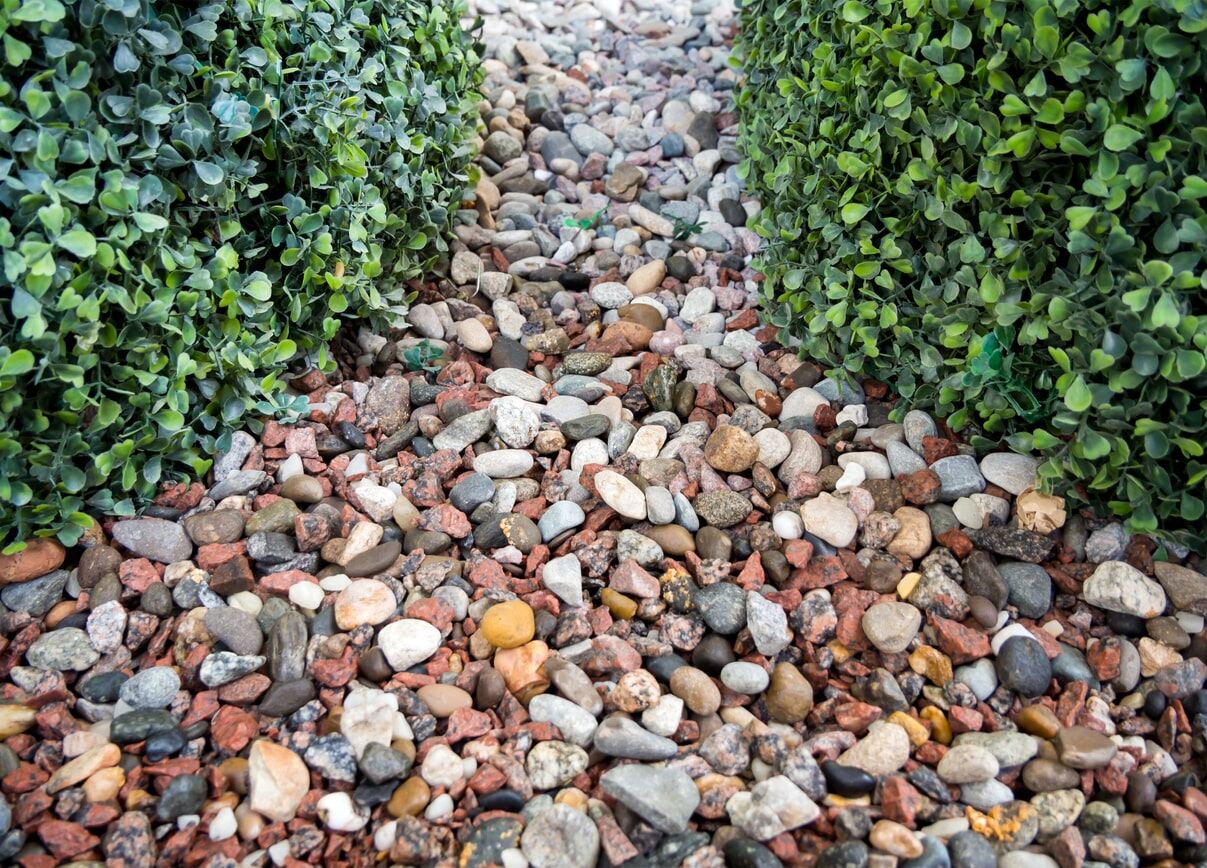

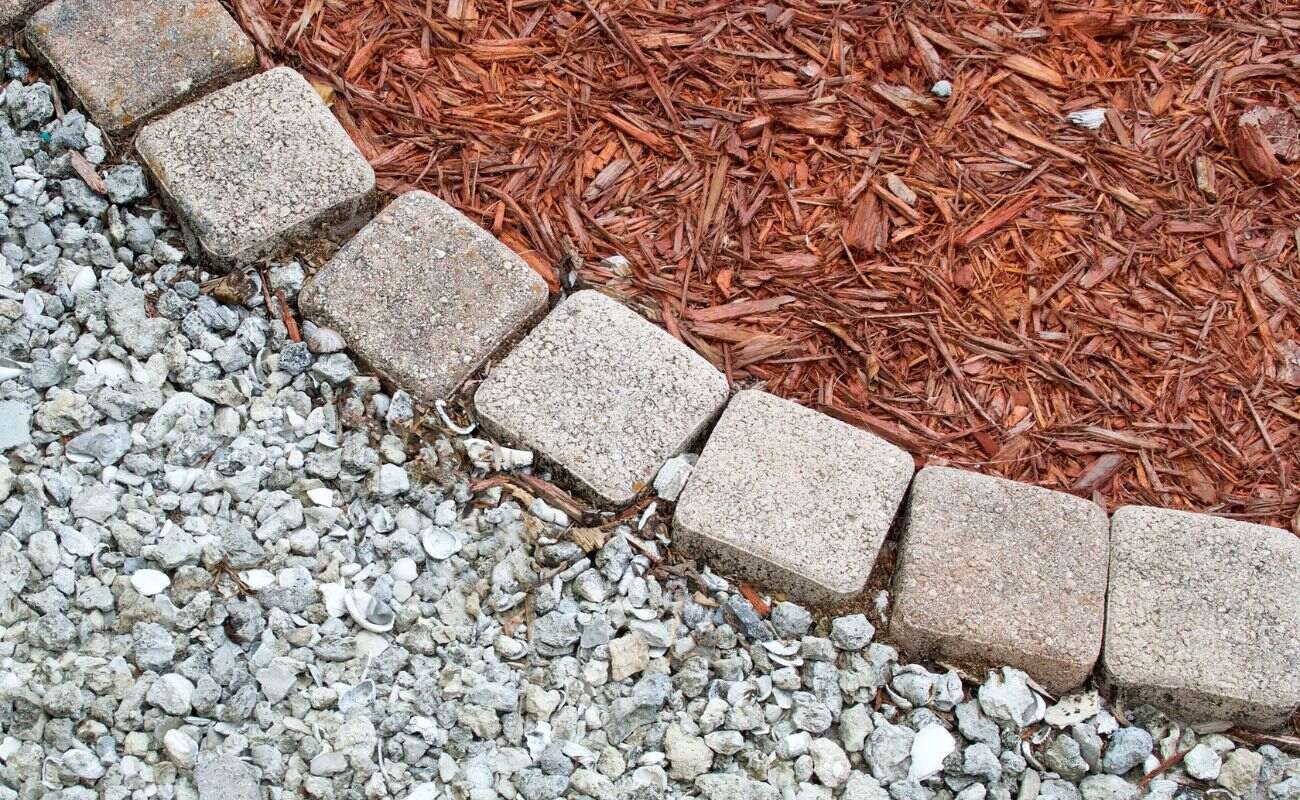
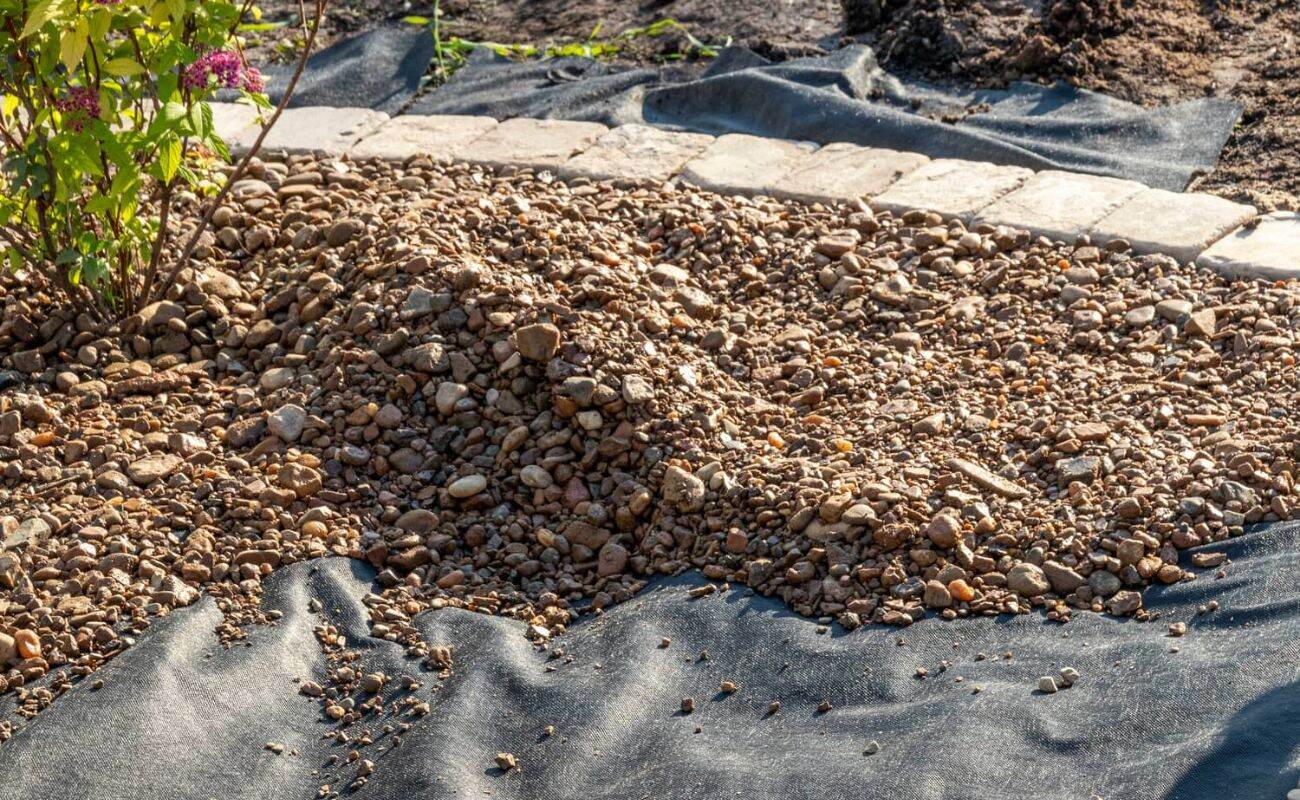
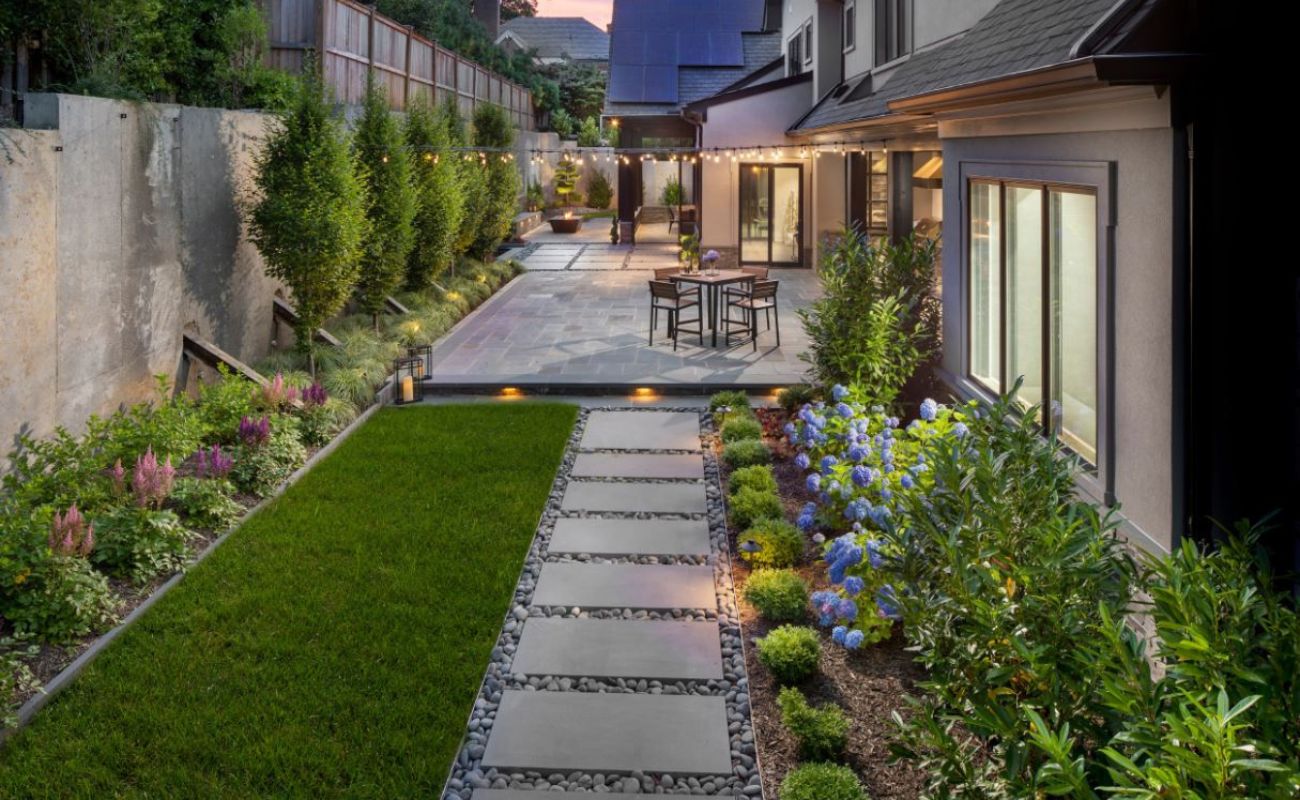
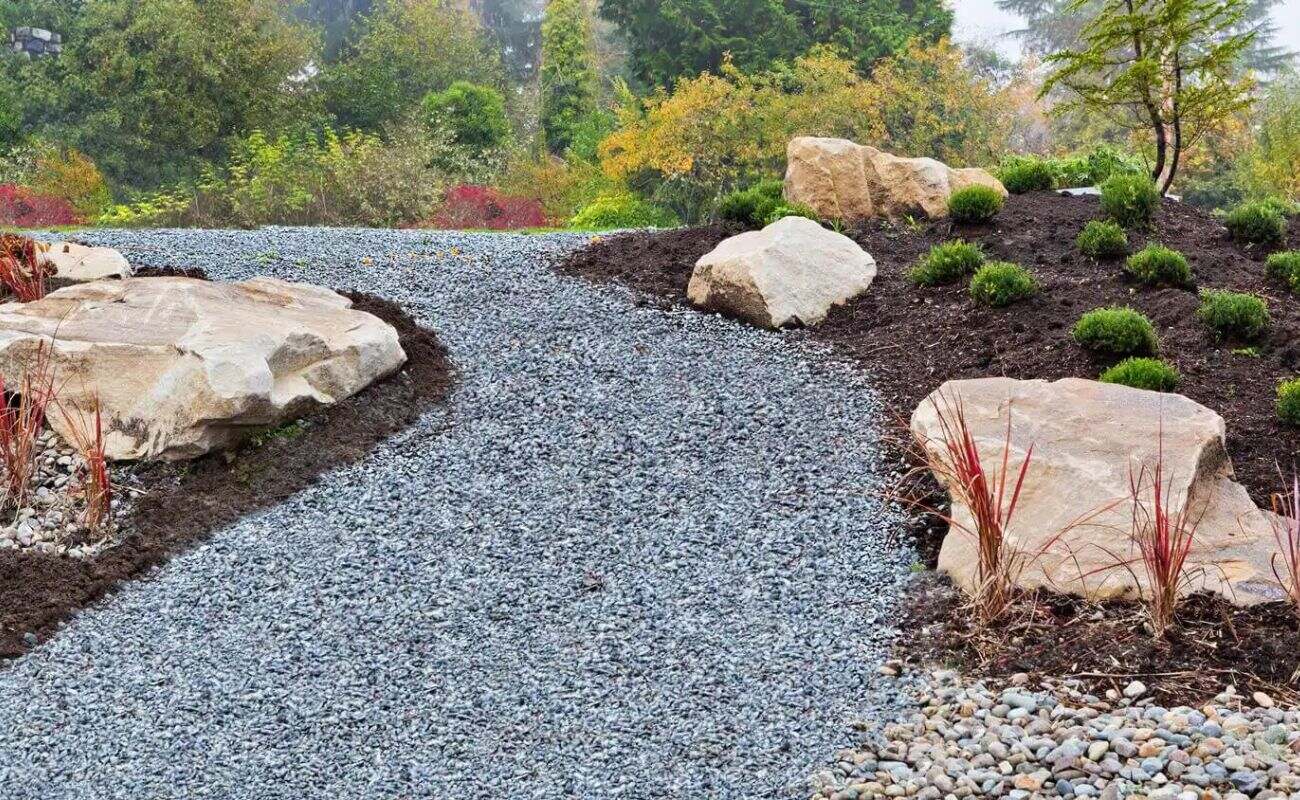
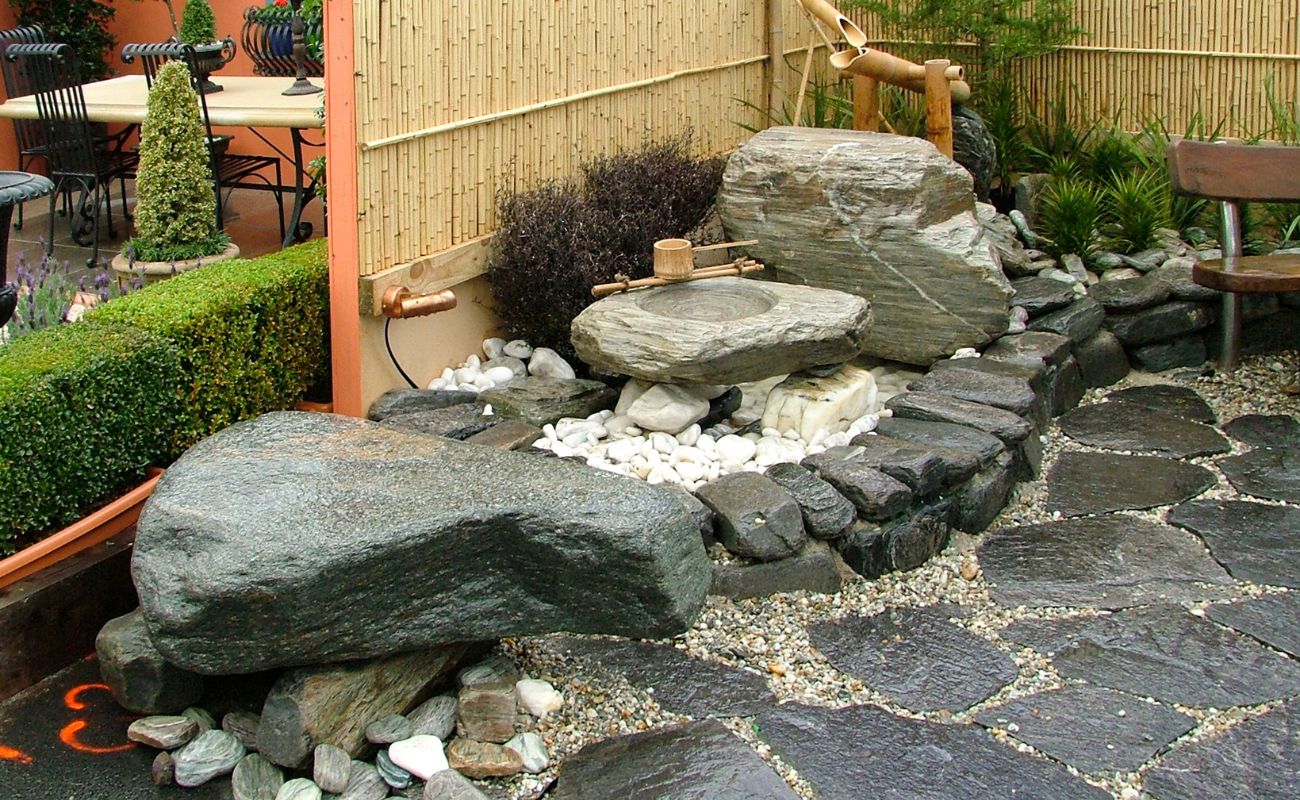
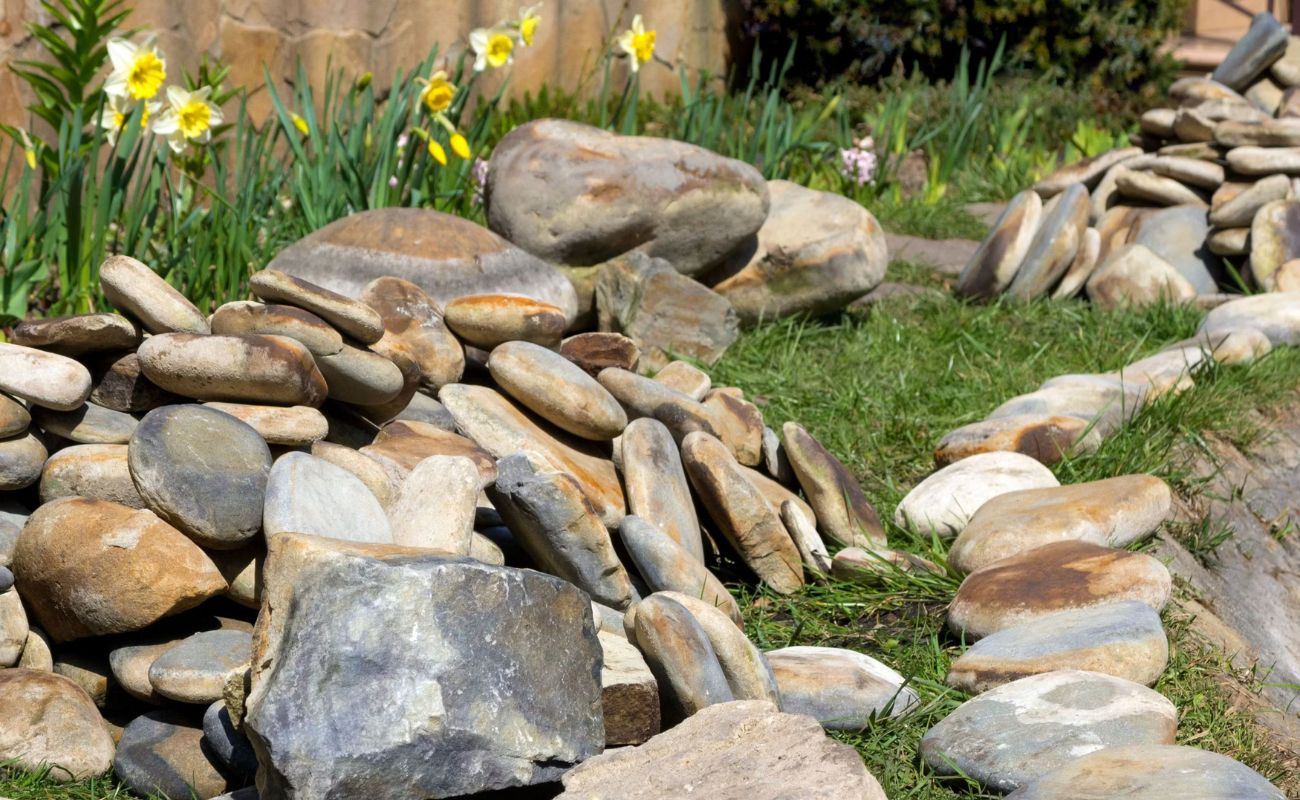



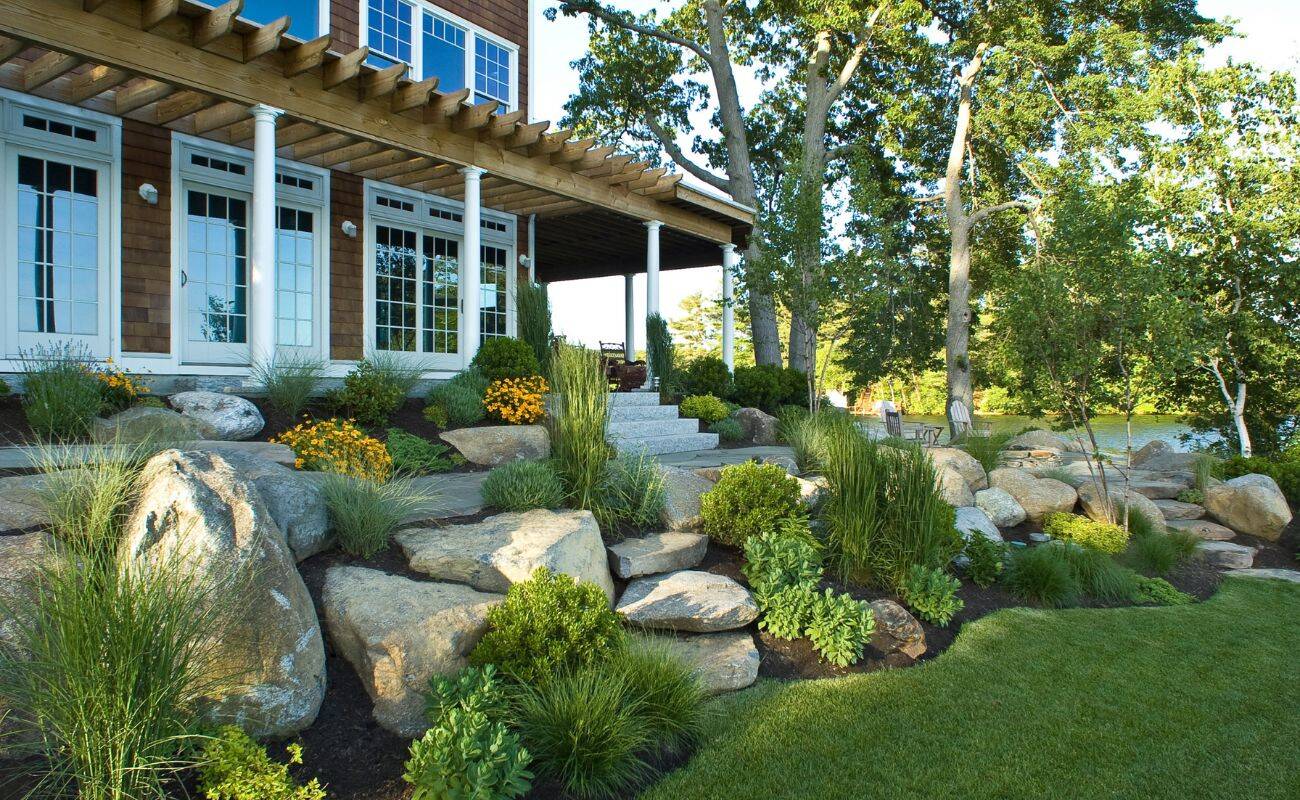
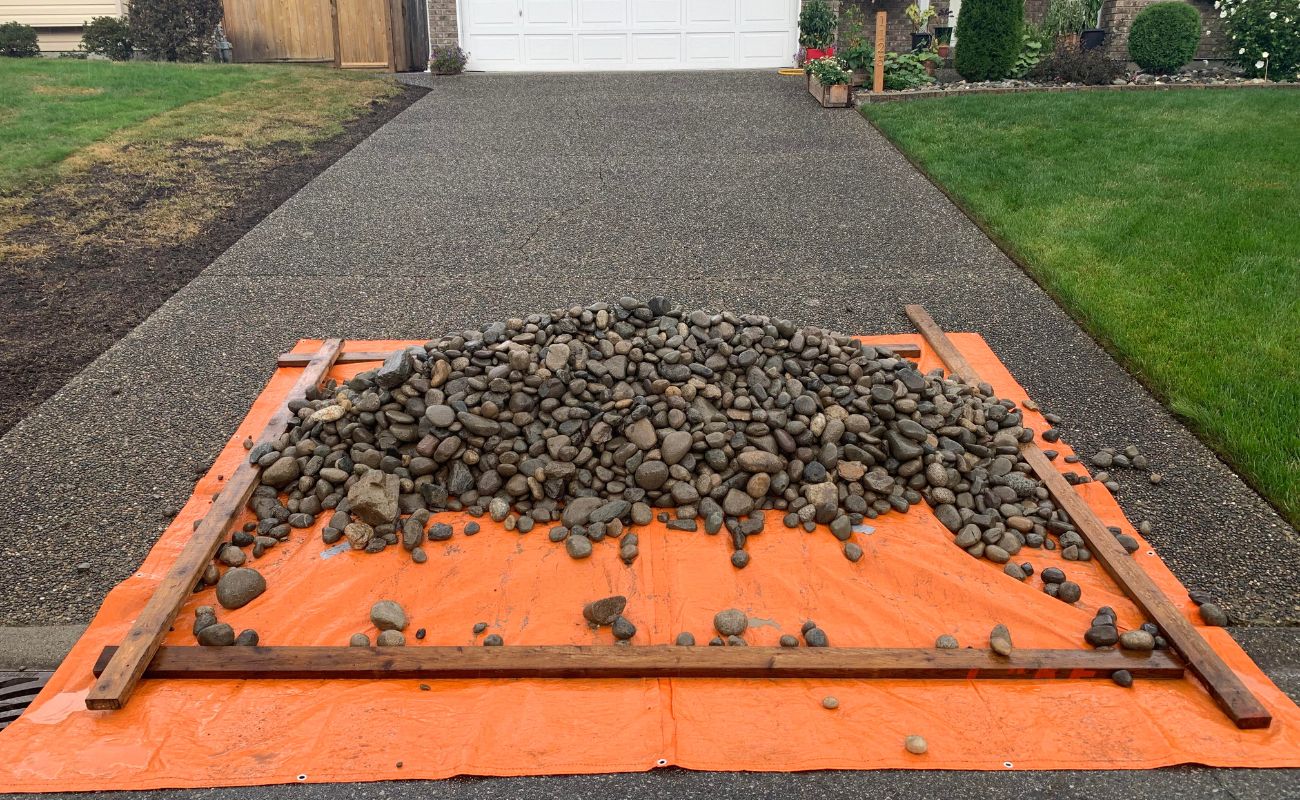

0 thoughts on “What Is The Cheapest Type Of Rock For Landscaping?”